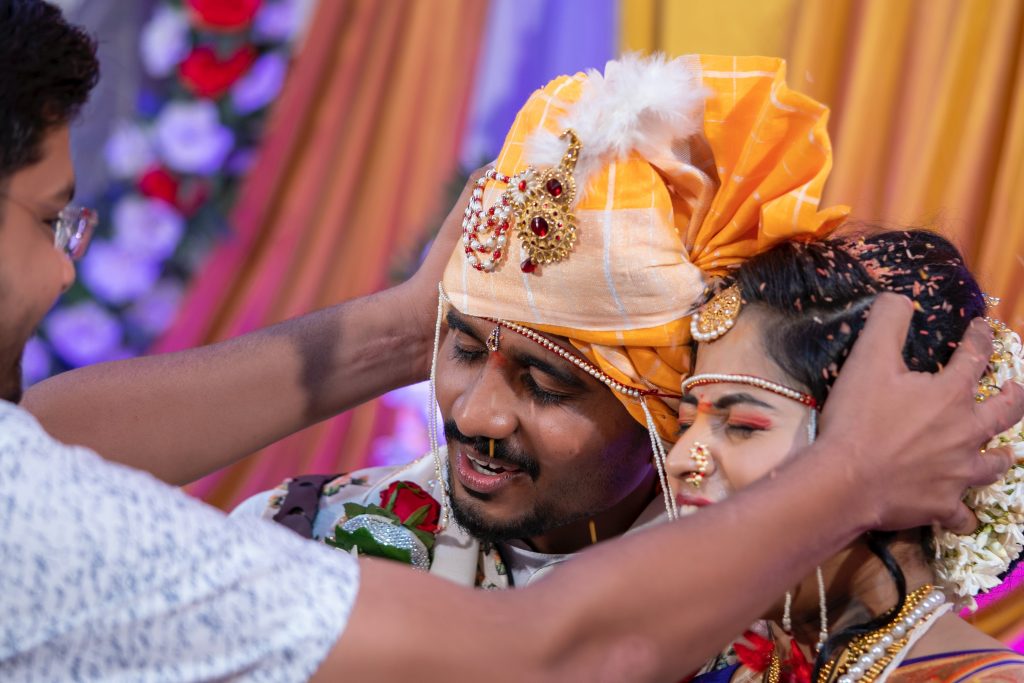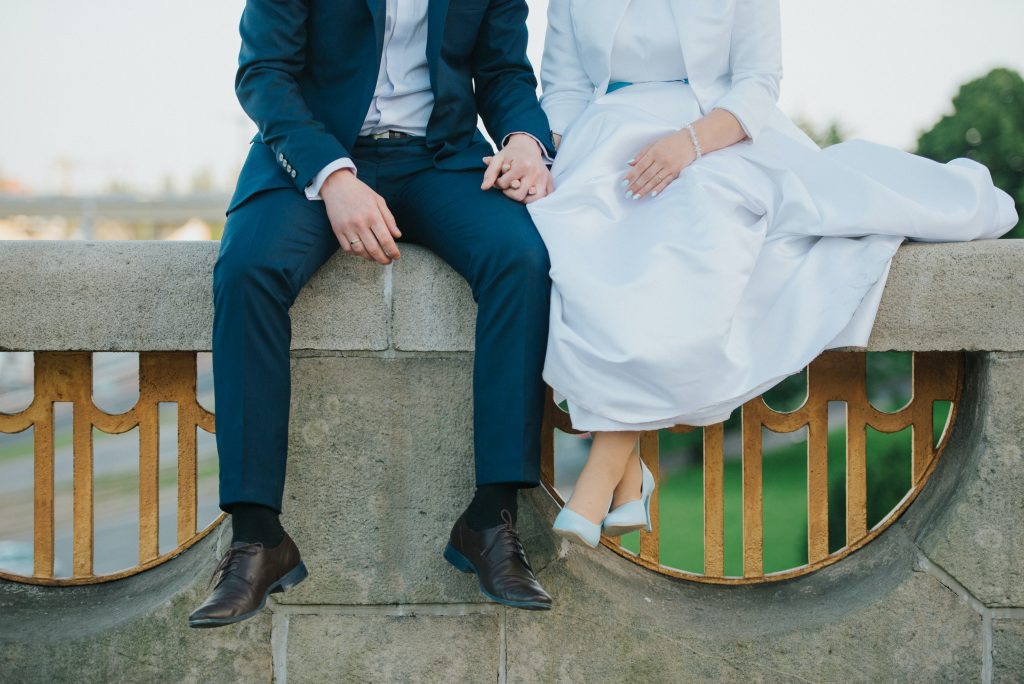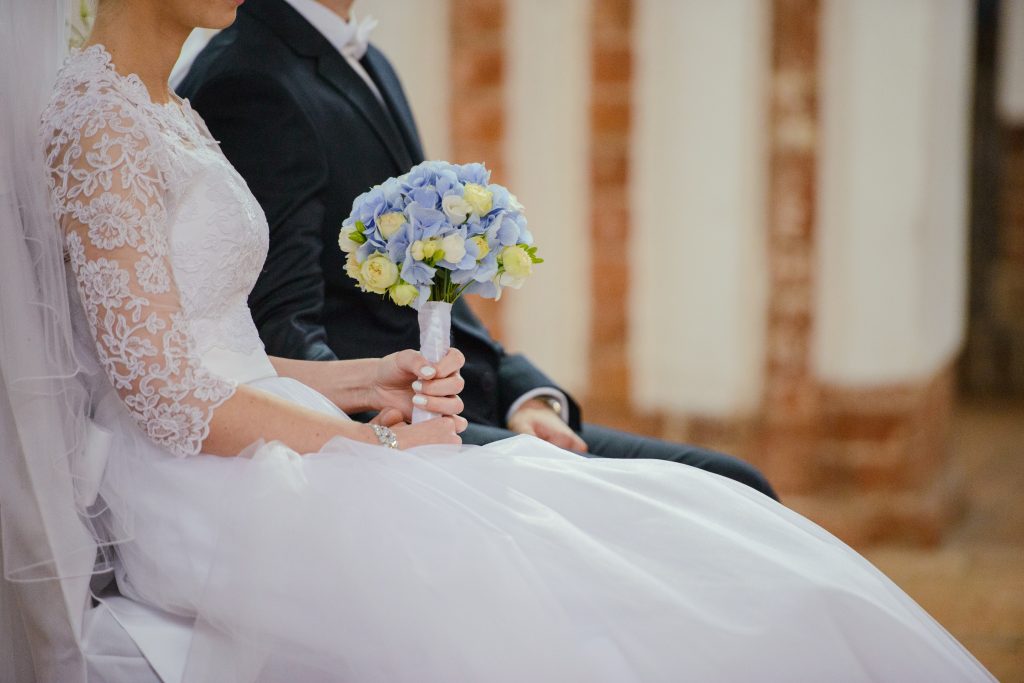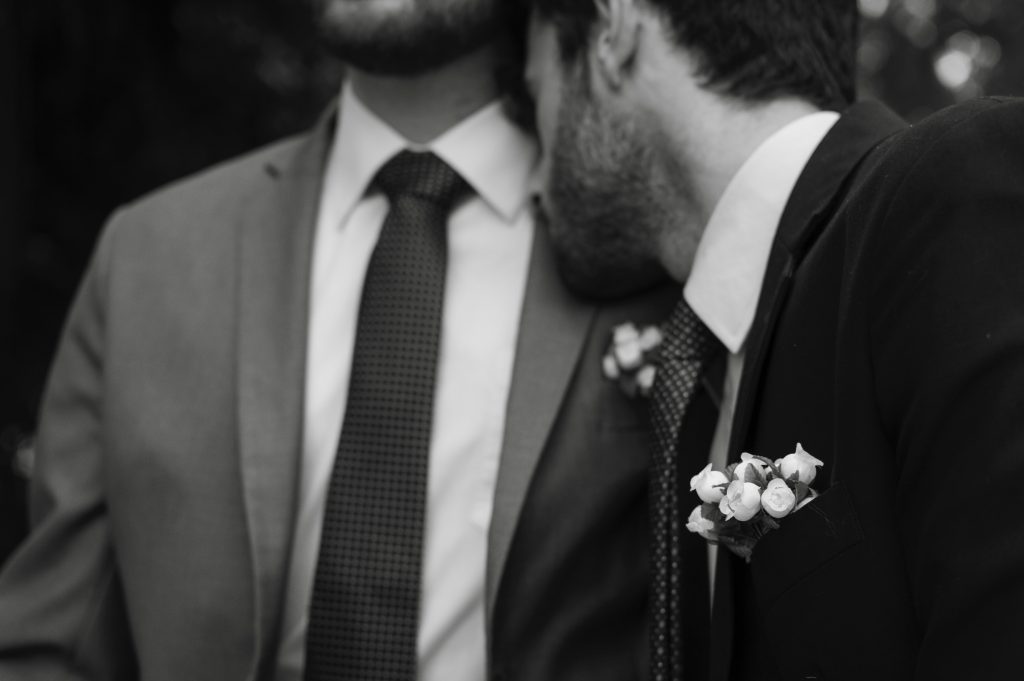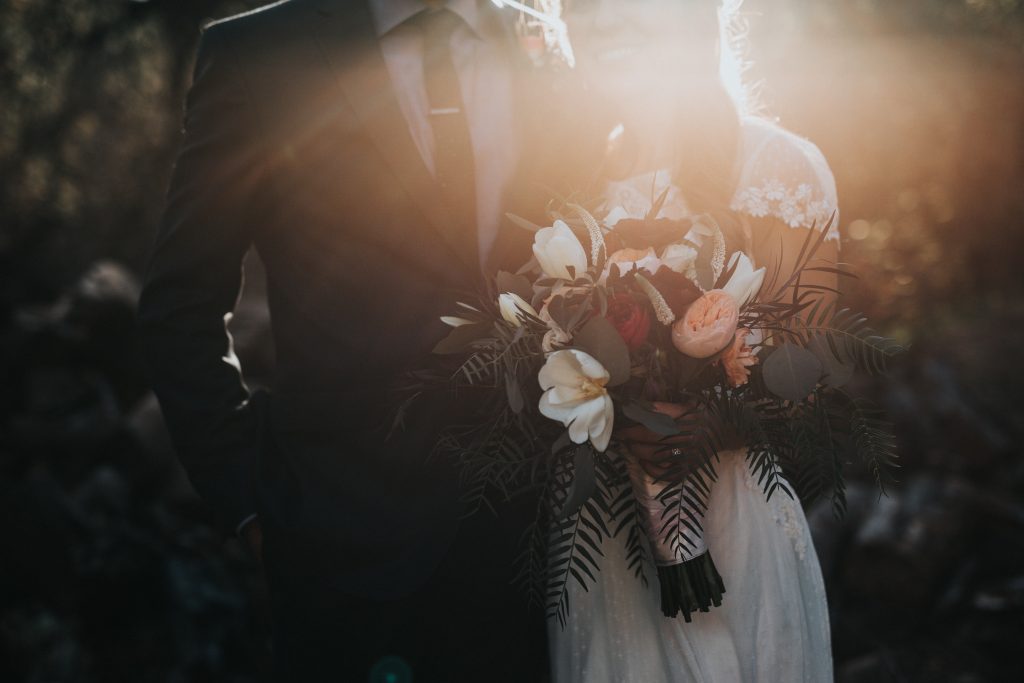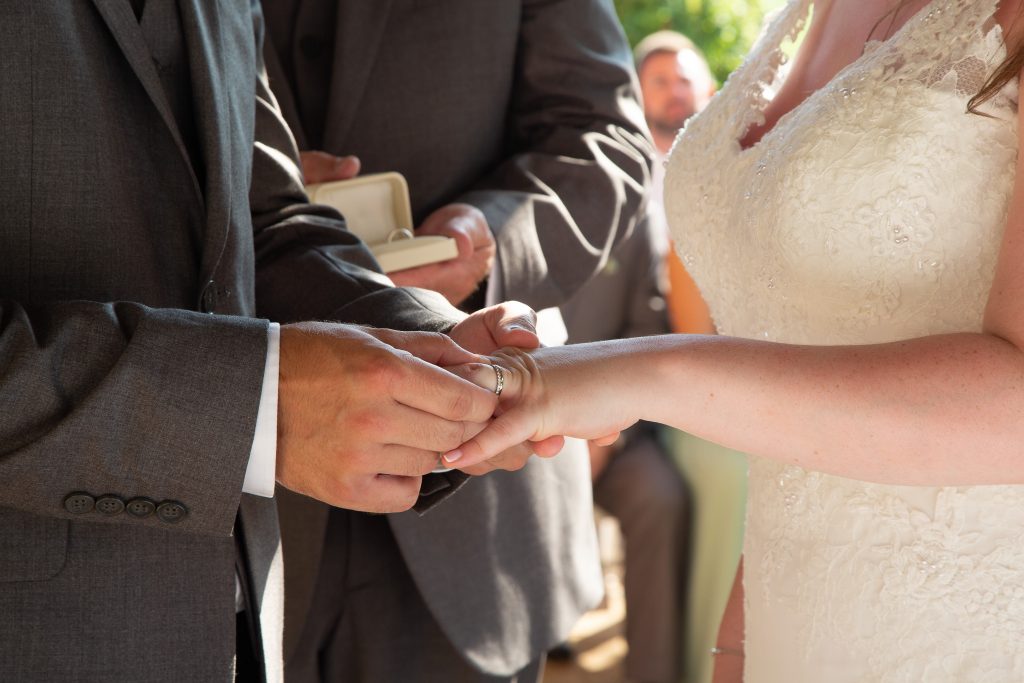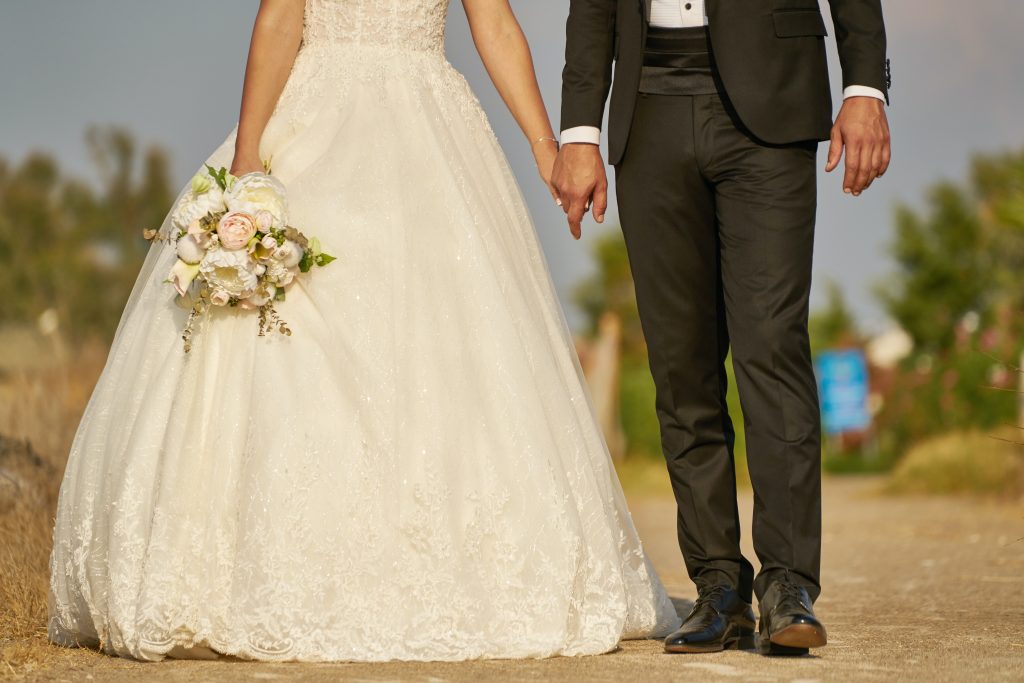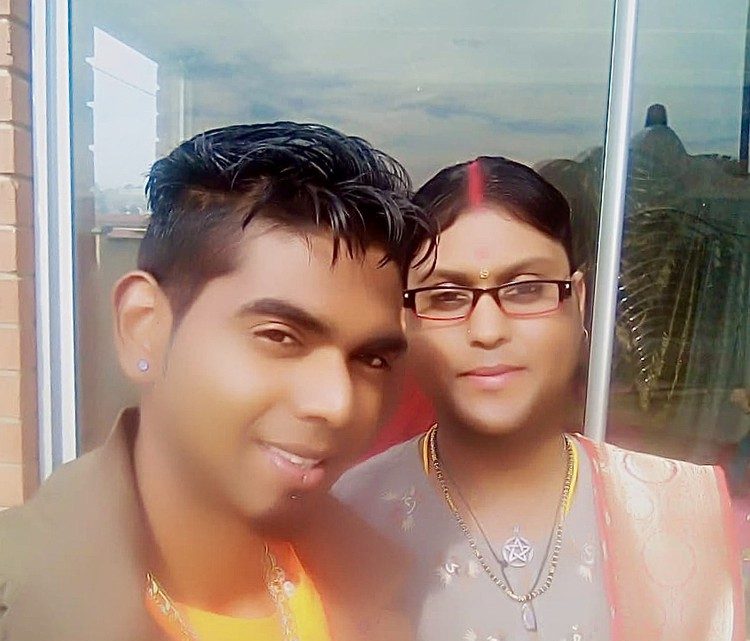India’s governing party has approved legislation to criminalise interfaith marriages in which one partner forces the other to convert to their religion. The legislation was passed on Tuesday [November 24] and applies to the state of Uttar Pradesh, the country’s most populous state.
This controversial move comes after Prime Minister Narendra Modi’s Bharatiya Janata Party (BJP) campaign against interfaith marriages.
India, a predominantly Hindu country, has a 14% Muslim minority. Some Hindu far-right groups consider interfaith marriages as “love jihad”, and accuse Muslim men of marrying Hindu women specifically to convert them.
Under the new legislation, anyone found guilty of using marriage to force someone to convert to another religion may face a prison sentence of up to 10 years. According to Uttar Pradesh government minister Siddharth Nath Singh, criminalising this act will stop unlawful conversions and bring women justice.
Couples of two different religions will be required to give two months’ notice to a district magistrate before tying the knot. They will be given the go-ahead to marry if the official has no objections. Once the Uttar Pradesh state governor has approved the decree, it will be made law.
The new decree has received sharp criticism.
Menaka Guruswamy, a senior lawyer in India said the law “seems to violate constitutional values of equality, non-discrimination, dignity, and very basic ethos that courts have always recognised, that adults can make their own free choice. All men and women should question this idea of their adulthood being questioned and their free will being second-guessed by the state.”
“The effect of the law is to tighten the grip of religion over individual liberty and choice,” added senior lawyer and human rights activist Vrinda Grover. “It is yet another means to control women’s sexuality, agency, and right to choice. It also infantilises women and portrays them as gullible fools, incapable of making decisions about their life.”
India has been gripped by controversy related to interfaith relationships for the last few weeks. Prime Minister Modi’s party registered a court case against two Netflix executives for their film ‘A Suitable Boy’, which they argue contains content that allegedly offends the religious sentiments of Hindus. The key scene they oppose is one in which a Hindu girl and a Muslim boy kiss against what appears to be a backdrop of a Hindu temple. Many Indians called for the series to be removed and for people to boycott Netflix.
In October, jewellery brand Tanishq came under fire for their advertisement which featured a Hindu-Muslim family celebrating a baby shower. They were forced to withdraw the ad from TV and all social media channels.
Picture: Unsplash

